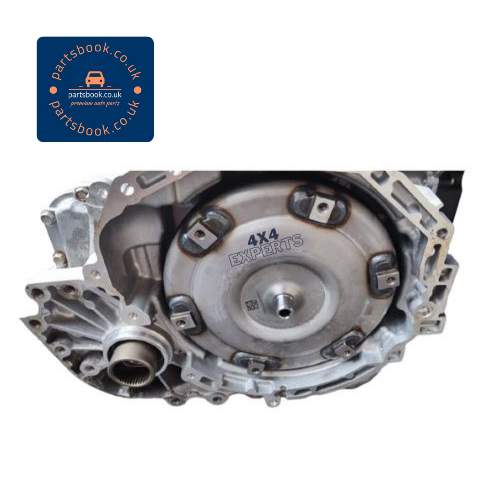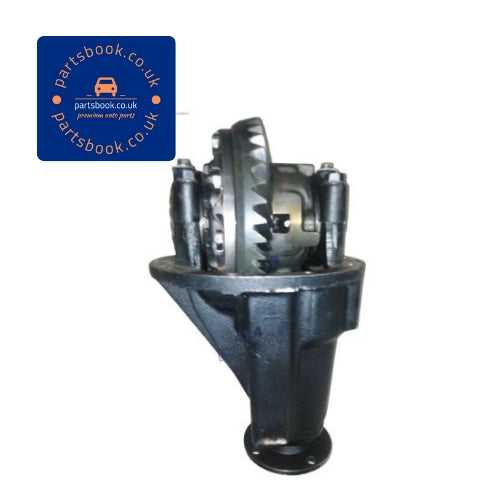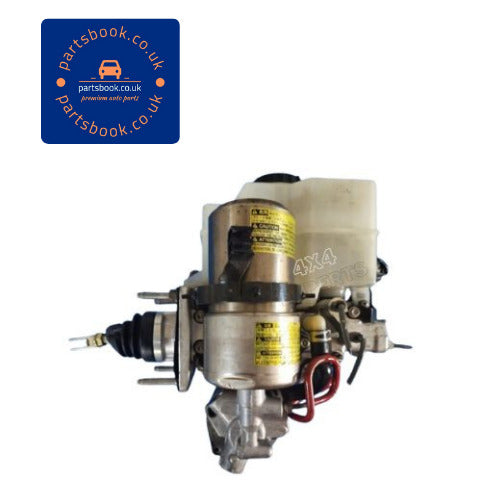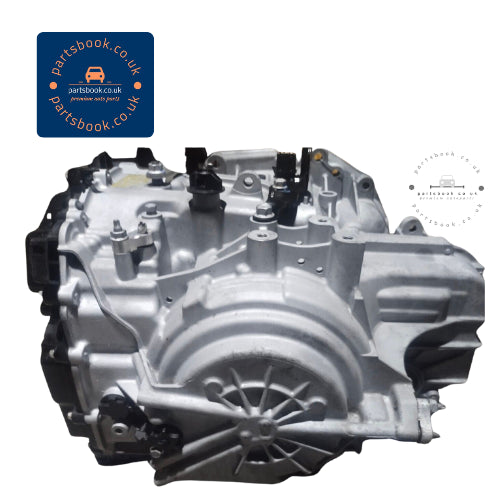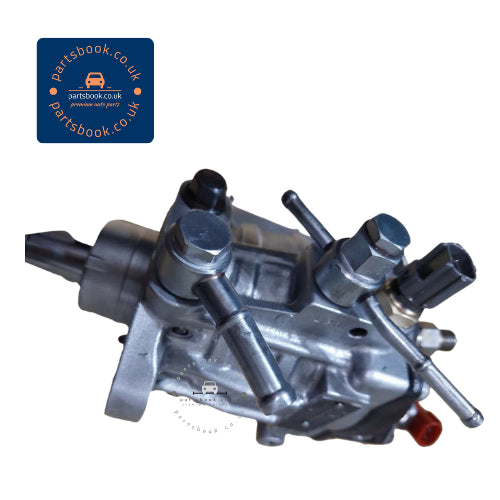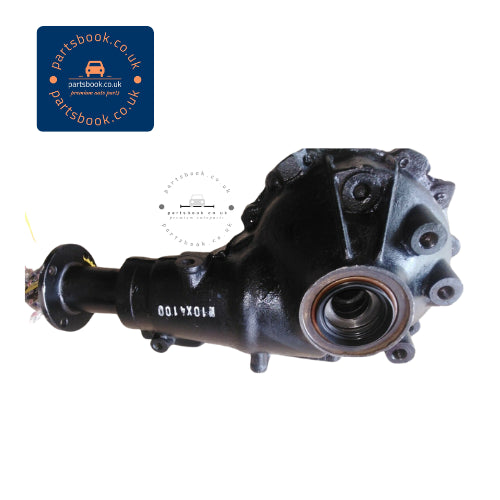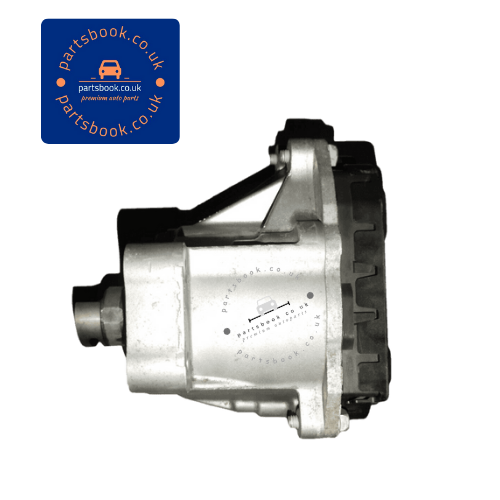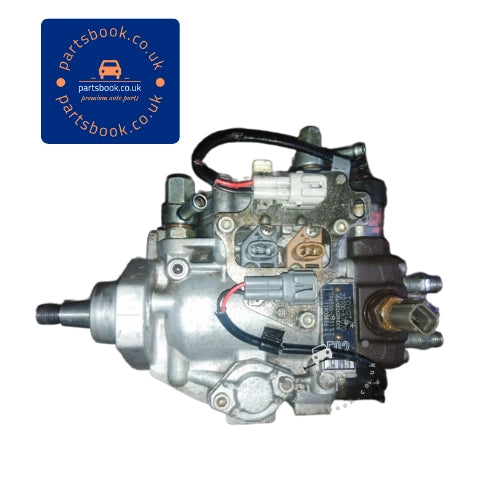The Nissan Juke, with its distinct design and spirited performance, owes a significant part of its dynamic drive to the turbocharged engine option. The turbocharger enhances power and efficiency, making every journey an exhilarating experience. However, like any mechanical component, the turbocharger may require replacement over time. In this comprehensive guide, we explore the nuances of Nissan Juke turbo replacement, understanding the signs that signal a replacement need, the replacement process, and practical insights for maintaining a turbocharged driving delight.

Signs of Turbocharger Issues:
Before delving into the replacement process, it's crucial to recognize the signs that your Nissan Juke's turbocharger might be experiencing issues. Pay attention to the following indicators:
Reduced Power:
A noticeable decrease in engine power or overall performance can be a sign of a failing turbocharger.
Excessive Exhaust Smoke:
If you observe an increase in exhaust smoke, especially if it appears blue or white, it could indicate issues with the turbocharger.
Strange Noises:
Unusual sounds, such as whining, grinding, or a high-pitched whistling, might suggest problems within the turbocharger.
Increased Oil Consumption:
A failing turbocharger can lead to oil leaks or increased oil consumption, potentially affecting the engine's lubrication.
Understanding the Nissan Juke Turbo Replacement Process:

Replacing a turbocharger involves a series of meticulous steps, and it's often recommended to seek professional assistance for this task. Here's an overview of the typical replacement process:
Diagnostic Assessment:
A qualified mechanic will conduct a thorough diagnostic assessment to confirm that the turbocharger is the root cause of the issues. This may involve using diagnostic tools to analyze the engine's performance.
Turbocharger Removal:
Once the diagnosis is complete, the next step is to remove the faulty turbocharger. This requires disassembling parts of the engine bay to gain access to the turbocharger.
Inspecting Associated Components:
While the turbocharger is being replaced, it's common practice to inspect related components such as oil lines, intercoolers, and intake systems. Any worn or damaged parts are typically replaced or repaired.
Installing the New Turbocharger:
The new turbocharger is carefully installed, ensuring all connections are secure and aligned correctly. Proper installation is crucial for optimal performance and longevity.
Oil and Filter Change:
To guarantee a fresh start for the new turbocharger, an oil and filter change is often recommended. This helps prevent contaminants from affecting the newly installed component.
Test and Calibration:
After installation, the vehicle undergoes thorough testing to ensure the turbocharger functions as intended. This may include test drives and diagnostic checks to verify performance.
Practical Insights for Turbocharger Maintenance:
Regular Oil Changes:
Adhering to the manufacturer's recommended oil change intervals is essential for preserving turbocharger health. Clean, high-quality oil contributes to proper lubrication and cooling.
Warm-Up and Cool Down:
Avoid abrupt acceleration or high-speed driving immediately after starting the engine. Allowing the engine to warm up and cool down gradually is beneficial for turbocharger longevity.
Watch for Warning Signs:
Be attentive to any changes in engine performance or unusual sounds. Addressing issues promptly can prevent further damage and extend the life of the turbocharger.
Conclusion:
The Nissan Juke's turbocharger is a key element that elevates its performance to new heights. Recognizing signs of trouble, understanding the replacement process, and adopting proactive maintenance practices are crucial for preserving the turbocharged driving experience. Whether you're a Juke enthusiast or a driver seeking optimal performance, navigating the turbo replacement journey ensures that your Nissan Juke continues to deliver the power, efficiency, and excitement you've come to expect.
FAQs
FAQ: How can I tell if my Nissan Juke's turbocharger needs replacement?- Answer: Look out for signs such as reduced engine power, excessive exhaust smoke, unusual noises (whining, grinding, or high-pitched whistling), and increased oil consumption. If you notice these symptoms, it's advisable to have your turbocharger inspected by a qualified mechanic.
- Answer: Several factors can impact the lifespan of a turbocharger, including driving habits, regular maintenance, and the overall health of the engine. Aggressive driving, inadequate maintenance, and oil-related issues can contribute to premature turbocharger failure.
- Answer: While some experienced individuals may attempt turbocharger replacement, it is a complex task that often requires specialized tools and knowledge. Professional assistance is recommended to ensure proper diagnosis, installation, and calibration for optimal performance.
- Answer: Yes, maintaining proper oil levels and changing the oil at recommended intervals is crucial for turbocharger health. Additionally, adopting smooth driving practices, allowing the engine to warm up and cool down gradually, and regular vehicle inspections contribute to prolonged turbocharger life.
- Answer: The cost of turbocharger replacement can vary based on factors such as the model year, engine type, and labor charges. On average, the cost may range from $1,000 to $3,000 or more. It's advisable to obtain quotes from reputable automotive service providers for accurate pricing based on your specific vehicle and needs.


